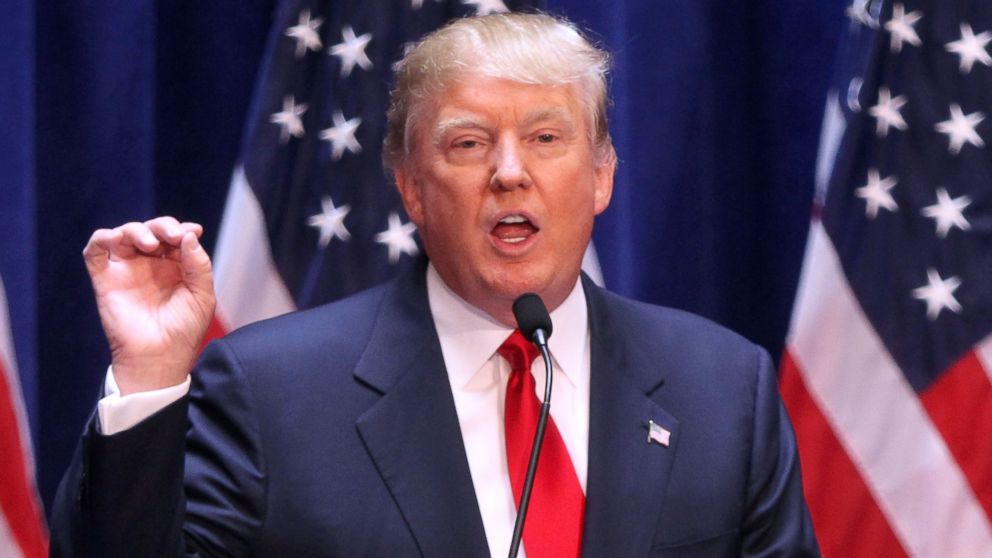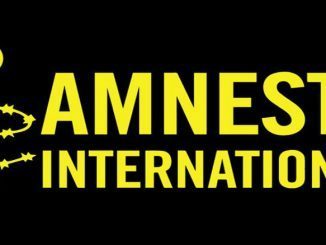
New members added to the bloc from Africa are linked by their opposition to a Western-dominated financial system, states Nosmot Gbadamosi of the Foreign Policy.
Last week’s announcement that the BRICS grouping will expand—adding Argentina, Egypt, Ethiopia, Iran, Saudi Arabia, and the United Arab Emirates next January—brings China closer to its goal of making the bloc a rival to the G-7, according to Nosmot Gbadamosi, a multimedia journalist and the writer of Foreign Policy’s weekly Africa Brief.
BRICS currently includes Brazil, Russia, India, China, and South Africa. BRICS leaders have pushed back against the reign of the U.S. dollar; the common interest in the expanded group seems to be opposition to the Western-dominated financial system.
That is certainly the case for Egypt and Ethiopia. The strength of the U.S. dollar and high U.S. interest rates have increased the cost of their imports; they also seek alternative lending streams without Western conditions attached.
Ethiopia has a tumultuous relationship with the United States and is China’s second-largest debtor in Africa, while Egypt has already indicated that it would pay for imports from China, India, and Russia in their respective currencies.
BRICS membership could especially benefit Egypt, which is in the midst of an economic crisis. After last week’s announcement, Egypt’s Abdel Fattah al-Sisi said that his country looked forward to helping to “raise the voice of the Global South”.
Egypt’s finance minister also said he hoped the invite would lead to investment and export opportunities that involve local currencies.
Egypt’s sovereign debt has ballooned to more than 95 percent of the country’s GDP, and the Egyptian pound has fallen by 50 percent against the U.S. dollar since March 2022.
The country is a significant International Monetary Fund debtor, and it joined the BRICS New Development Bank (NDB) in February to help ease a dollar crunch.
The NDB has set up a $100 billion currency reserve pool for its members, and it aims to facilitate 30 percent of lending in local currencies by 2026.
Last year, investors pulled around $20 billion out of Egypt in the first few months of the economic downturn that followed Russia’s invasion of Ukraine.
Compounding the situation, Sisi’s administration has borrowed heavily for what critics denounce as vanity projects. Egypt has also suffered as a regional power broker: With a civil war in neighboring Sudan, Egypt “must be embarrassed that Saudi Arabia has ended up —according to its own myths—should be leading,” FP’s Steven A. Cook wrote recently.
In fact, it is Saudi Arabia that Egypt will likely turn to within BRICS to help pull the country out of its economic crisis.
Cairo has repeatedly borrowed from Riyadh, but the Saudi government recently signaled that it would no longer provide financial support to its allies without conditions attached, such as reforms.
Trade with other BRICS countries will likely continue apace, with Russia acting as a source of grain imports to Egypt; Moscow’s central bank added the Egyptian pound to its list of exchange currencies in January.
Although BRICS membership may not fix Egypt’s economy in the short term, economists say it could eventually help the country attract more investment and lower its debt burden.
On another front, given the addition of both countries to the bloc, BRICS could even help solve a long-running dispute between Egypt and Ethiopia over the Grand Ethiopian Renaissance Dam on the Blue Nile River. The pair resumed talks on Sunday after a two-year deadlock.
Some experts see the BRICS expansion as shaping the group into an explicitly anti-Western bloc. Economist Jim O’Neill, who coined the original BRIC acronym, expressed concern that Indonesia and Nigeria were not included given the size of their economies.
“When it comes to Africa, why not Nigeria, which is 20 percent of the continent’s population?” he said. “It is hard to avoid concluding that China and Russia have had quite a big influence on which countries have been selected.”
However, as FP reported last week, Nigerian President Bola Tinubu has said the country was not ready to join BRICS for the moment.



